
Kód: 04822596
History of Reasonableness
Autor Rick Kennedy
This book describes a lost tradition that can be called reasonableness. The tradition began with Aristotle, was recommended to Western education by Augustine, flourished in the schools of the Renaissance through the nineteenth cen ... celý popis
- Jazyk:
 Angličtina
Angličtina - Vazba: Pevná
- Počet stran: 288
Nakladatelství: Boydell & Brewer Ltd, 2004
- Více informací o knize

3456 Kč
Dostupnost:
50 % šance Máme informaci, že by titul mohl být dostupný. Na základě vaší objednávky se ho pokusíme do 6 týdnů zajistit.
Máme informaci, že by titul mohl být dostupný. Na základě vaší objednávky se ho pokusíme do 6 týdnů zajistit.Prohledáme celý svět
Mohlo by se vám také líbit
-

Leviticus and Numbers
949 Kč -

Potters' Quarter
2992 Kč -

Ancient and Medieval Traditions in the Exact Sciences
817 Kč
Darujte tuto knihu ještě dnes
- Objednejte knihu a zvolte Zaslat jako dárek.
- Obratem obdržíte darovací poukaz na knihu, který můžete ihned předat obdarovanému.
- Knihu zašleme na adresu obdarovaného, o nic se nestaráte.
Informovat o naskladnění knihy
Zadejte do formuláře e-mailovou adresu a jakmile knihu naskladníme, zašleme vám o tom zprávu. Pohlídáme vše za vás.
Více informací o knize History of Reasonableness
Nákupem získáte 346 bodů
 Anotace knihy
Anotace knihy
This book describes a lost tradition that can be called reasonableness. The tradition began with Aristotle, was recommended to Western education by Augustine, flourished in the schools of the Renaissance through the nineteenth century, then got lost in the academic and philosophic shuffles of the twentieth century. Representative of the tradition is John Locke's story of a King of Siam who rejected reports of the existence of ice. The King would have had to risk too much trust in another man whom he did not know too well-a Dutch ambassador-in order to believe that elephants could walk on cold water. John Locke presented the story to encourage his readers to think about the responsibilities and risks entailed in what he called 'the gentle and fair ways of information.' The art of thinking is largely social. Popular textbook writers, such as Quintilian, Boethius, Philipp Melanchthon, John of St. Thomas, Antoine Arnauld, Thomas Reid, Isaac Watts, Richard Whately, William Hamilton, L. Susan Stebbings, and Max Black taught strategies of belief, trust, assent, and even submission as part of reasonableness. For over two thousand years testimony and authority were at the center of lively discussions about teaching the art of thinking. In the twentieth century, the tradition faltered largely due to Immanuel Kant's insistence that there should be no distinction between handling testimony and personal experience. This book recounts the history of a lively educational tradition and hopes to encourage its revival. Rick Kennedy, whose previous books and articles have been about Colonial American logic, mathematics, and science, is professor of History at the Point Loma Nazarene University.
 Parametry knihy
Parametry knihy
Zařazení knihy Knihy v angličtině Humanities Philosophy
3456 Kč
- Plný název: History of Reasonableness
- Podnázev: Testimony and Authority in the Art of Thinking
- Autor: Rick Kennedy
- Jazyk:
 Angličtina
Angličtina - Vazba: Pevná
- Počet stran: 288
- EAN: 9781580461528
- ID: 04822596
- Nakladatelství: Boydell & Brewer Ltd
- Hmotnost: 524 g
- Rozměry: 229 × 152 × 20 mm
- Datum vydání: 26. August 2004
Oblíbené z jiného soudku
-
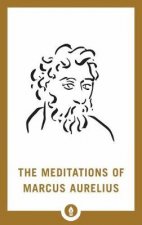
Meditations of Marcus Aurelius
258 Kč -

Teachings of Don Juan
225 Kč -

Between Kant and Hegel
1086 Kč -
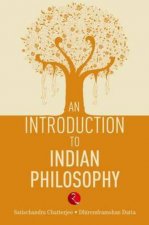
Introducation to Indian Philosophy
651 Kč -

Matter and Memory
288 Kč -

Reason and Commitment
1152 Kč -

Philosophy Matters: An Introduction to Philosophy
1311 Kč -

Swedenborg
540 Kč -

The Conspiracy Against the Human Race
376 Kč -
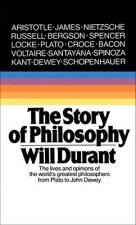
The Story of Philosophy
278 Kč -
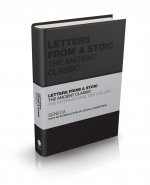
Letters from a Stoic - The Ancient Classic
291 Kč -

Philosophy of Freedom
813 Kč -

Thus Spoke Zarathustra - The Philosophy Classic
303 Kč -

Built to Last
386 Kč -

From Bacteria to Bach and Back
467 Kč -

Men Among the Ruins
496 Kč -

Monkey Business
397 Kč -

Calendar of Wisdom
535 Kč -
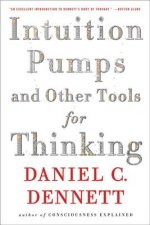
Intuition Pumps and Other Tools for Thinking
265 Kč -
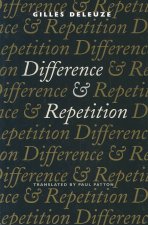
Difference and Repetition
446 Kč -

Musonius Rufus
372 Kč -

Omnibus Homo Sacer
2511 Kč -
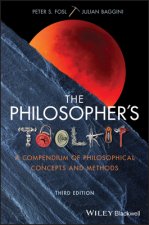
Philosopher's Toolkit - A Compendium of Philosophical Concepts and Methods, 3rd Edition
579 Kč -
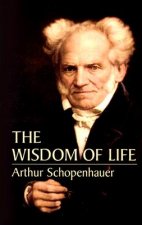
Wisdom of Life
188 Kč -

Sacred Dance Meditations
578 Kč -

Integral Vision
258 Kč -
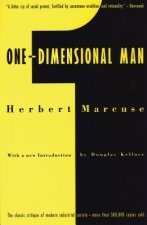
One-Dimensional Man
524 Kč -

Mind's I
713 Kč -
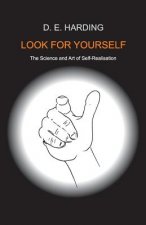
Look For Yourself
594 Kč -

Manifesto of the Communist Party
290 Kč -
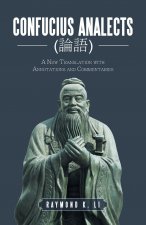
Confucius Analects (論語)
527 Kč -

Infocracy: Digitization and the Crisis of Democrac y
399 Kč -
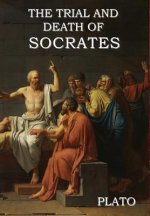
Trial and Death of Socrates
824 Kč -
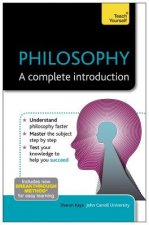
Philosophy: A Complete Introduction: Teach Yourself
328 Kč -
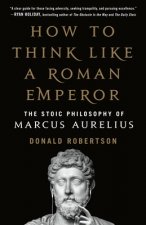
How to Think Like a Roman Emperor
404 Kč -

Aristotles Revenge
711 Kč -

I am That
970 Kč -
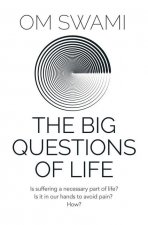
Big Questions of Life
310 Kč -

In Search of Being
556 Kč -

I Am a Strange Loop
469 Kč -

How the World Thinks
298 Kč -

Nature
185 Kč -
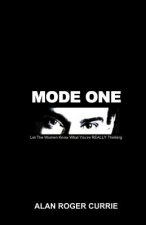
Mode One
626 Kč -

Escape from Evil
481 Kč -

Philosophy 101
330 Kč -

Religion of Tomorrow
741 Kč -
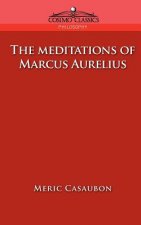
Meditations of Marcus Aurelius
316 Kč -

Mortal Questions
401 Kč -

From Intellect to Intuition
343 Kč
Osobní odběr Praha, Brno a 12903 dalších
Copyright ©2008-24 nejlevnejsi-knihy.cz Všechna práva vyhrazenaSoukromíCookies


 Vrácení do měsíce
Vrácení do měsíce 571 999 099 (8-15.30h)
571 999 099 (8-15.30h)